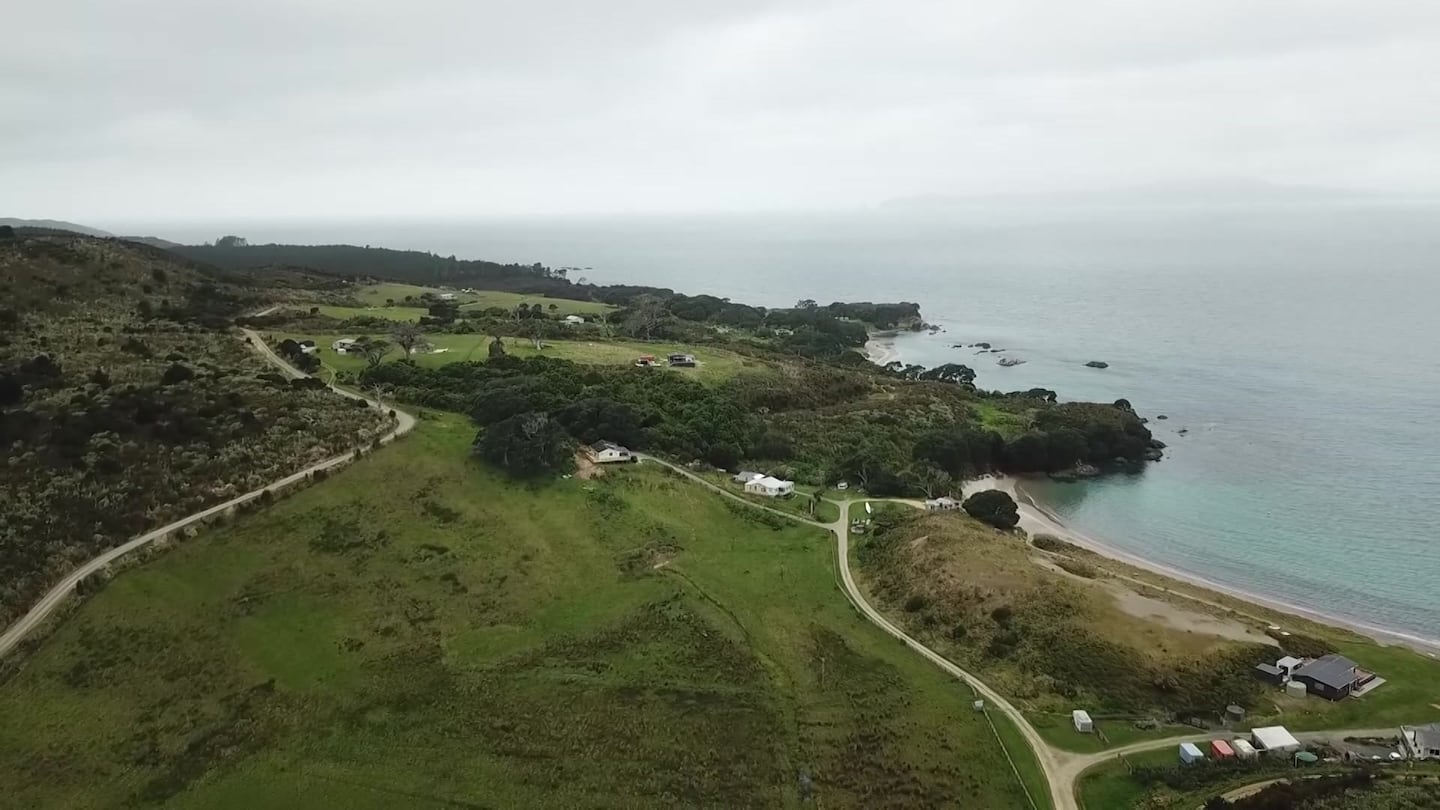Far North District Mayor Moko Tepania is adamant a solution can be found to the dispute on Whatuwhiwhi that has led Ngāti Kahu hapu to occupy land at the centre of a controversial resource consent grant.
Tepania, who coincidentally has Ngāti Kahu whakapapa himself, says this particular issue has only recently come to his attention but admits a number of resource consents in the past have been problematic.
“I te nuinga o te wā nō te Kaunihera te hē, nō ngā Kaunihera o mua te hē. Ko tēnei e hanga pērā ana. E tika ana i roto i tēnei wāhi i a mātou me wērā atu o ngā Kaikaunihera Māori e noho ana ki wēnei turu, he nui anō ngā huarahi kia whakatikatika ai i taku Kaunihera i tēnei whare.”
(Often it is the council at fault, including previous councils. It appears to be the case in this instance too. There is much to do for myself and fellow Māori councillors who sit around the chambers to correct the errors made within this building.)
He says iwi and hapū often find themselves in a David vs Goliath situation when navigating legal processes, but is making it an objective of his to make the vouncil find solutions within the laws that allow iwi and hapū to object to potentially troublesome resource consent applications.
“Ko tētahi o ngā mahi o taku Kaunihera i tēnei wā nei, he whakaū i tetahi rautaki hou e kīia nei ko Te Pae ki Uta e mana ai te reo o te iwi, o te hapū ki roto i ngā pūnaha o te Kaunihera. Ko tētahi o ngā mate o tēnei raruraru ehara i te mea me whai resource consent e mahi ai te tangata kaipupuri whenua i wāna mahi. He right of way kē, he mana ara, nō reira i roto i te ture, tāku e mōhio nei, kāore he wāhanga tō tēnei Kaunihera ki a whakahē i tāna i hiahia ai.”
Council’s new approach
(One of the things my council is bringing in at the moment is the Te Pae ki Uta plan, which will raise the voices of iwi and hapū with the council’s operations. One of the issues with this particular situation is the landowner actually doesn’t need consent to do what he wants to do. It is a right of way, and from what I understand there are no provisions within the laws that allow the council to prevent the landowner from carrying out the work)
Tepania also concedes council staff have failed to follow through with claims by the iwi that the particular land in question is wāhi tapu. That is particularly concerning and needs addressing, he says.
“Mēnā kua tae kē mai te rongo, te mahi, ngā rautaki a tēnei hapū ki a mātou o te Kaunihera e mea ana he wāhi tapu tēnei, he aha i kore ai ngā kaimahi o tēnei Kaunihera i whai whakaaro ki tēnā i roto i te whakaae o te mana ara kua tukuna ki tēnei kaipupuri whenua.
“Ko tētahi o ngā mea pai, kua whakaae tēnei kaipupuri whenua kia kaua ia e mahi i ēnei mahi i te wā nei tae noa kia hui atu ai mātou katoa.”
(If the concerns and claims of hapū and iwi are brought to the council’s attention, then how can it be that council staff didn’t consider those in the application process for this particular right of way? One of the good things at the moment is the landowner has agreed to not proceed with his plans until all parties can meet and discuss the issue)




